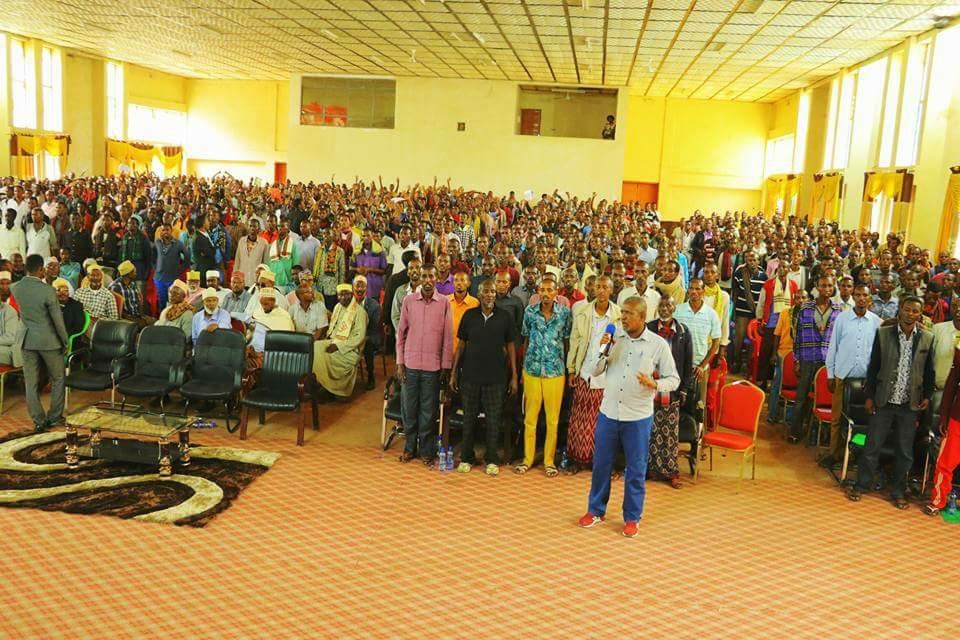(Hafsa Mohamed)
On the 21st of February 2018, the Ethiopian Somali regional government made the timely decision to pardon over 1,500 prisoners.
The pardoned individuals were convicted of various crimes. Some of whom were supporters or members of opposition and insurgent groups.
The release of these prisoners came at an appropriate moment in current day Ethiopia. The world, in latest developments, witnessed the Ethiopian government release high-profile, national political prisoners – signifying changes are underway.

Punishment, of all forms, is controversial, especially when the penalty is an [in]direct result of political circumstances.
Rehabilitation, re-integration and positive reinforcement has scientifically, economically and socially proven to discourage future criminal offenses and enable dialogue/actions promoting community or self-regulating structures yet most countries prefer incarceration and negative reinforcement.
This is understandable as punishment, when simple-mindedly analysed, is the easiest way to address a problem, temporarily; but this complex issue requires consciousness to comprehend that recidivism is an evident result of incarceration. And this topic, entirely, requires the empathy our world currently lacks – to publicly forgive, release, exonerate and pardon humans.
Everyone deserves a second chance. In the Somali Region, almost twice or thrice every year (especially during cultural or Islamic holidays), the regional administration pardons criminal offenders. So, the release of the 1,500+ is no surprise for Somalis, at least – although the number is incredible – as the act of excusing and forgiving is a cultural value.
Moreover, a serious and valid request from the Ethiopian Somali Regional Government to the country’s Federal government follows the mass release: Pardon the Ethio-Somalis in federal prisons.
The federal government recently pardoned hundreds of prisoners, which are of diverse Ethiopian ethnic backgrounds and included high-profile prisoners, but none of those released were Somali.
The argument here is if prisoners are being given another chance at life, that opportunity must be equally available to all incarcerated – not just those of a similar group, background and political narrative. The appeal is highly legitimate.
The Ethiopian Somali Regional President, Abdi M. Omar, met with the pardoned prisoners and held a transparent [and interactive] discussion explaining their restored civic responsibilities, the current political situation and the united way forward.
The former prisoners vowed to contribute to the ongoing regional and national development and abstain from all crime. Accountability is essential. Impartiality is vital. Overall, the release of these prisoners is a powerful example for other Ethiopian regions and the Federal Government. This is only the beginning.
********
* Hafsa Mohamed is an Ethiopian-American Diaspora member working in the development sector in Ethiopia.





